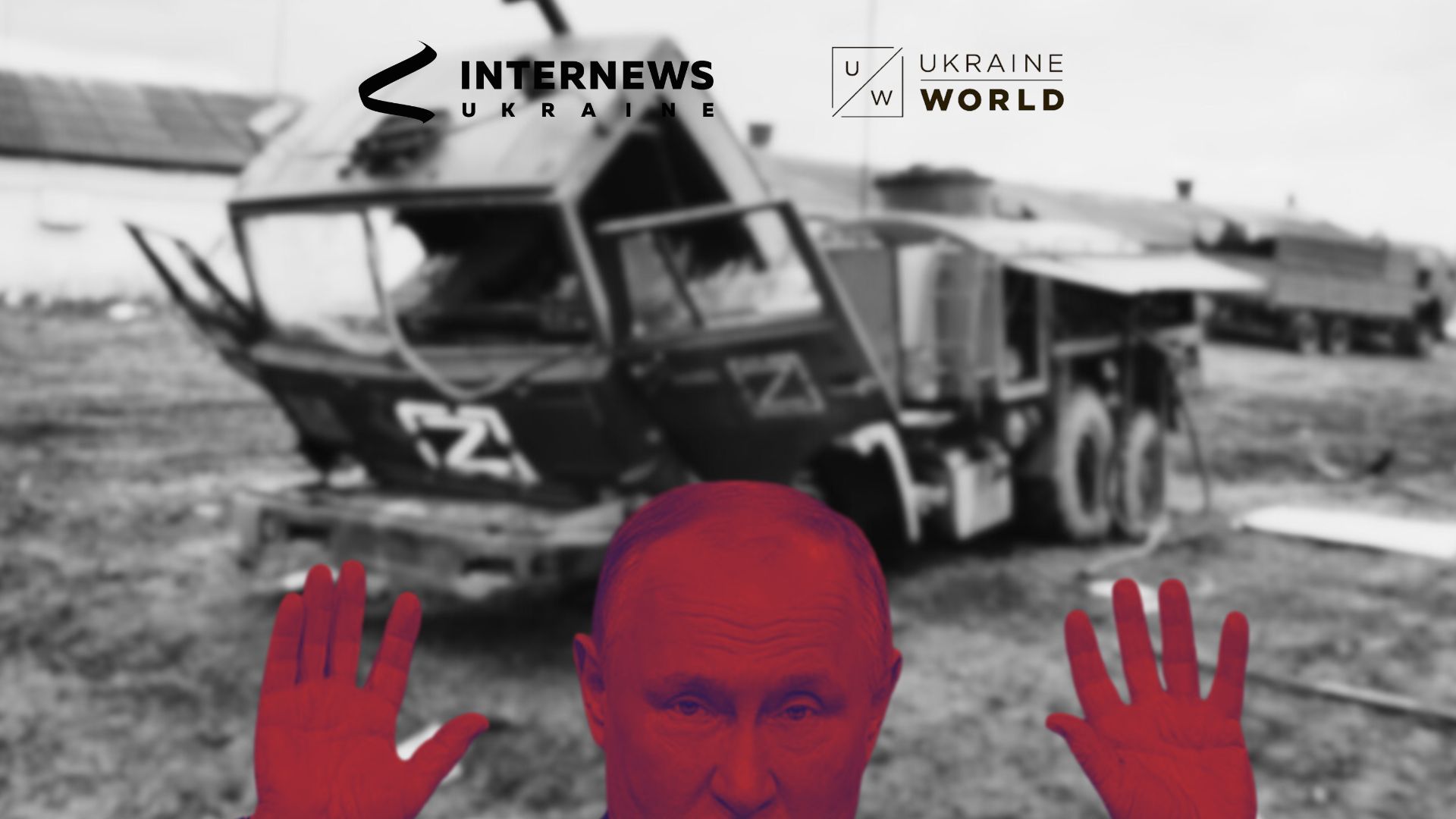Putin avoids peace talks because war serves him best.
Ukrainian President Volodymyr Zelenskyy is set to travel to Türkiye for potential peace talks with Kremlin ruler Vladimir Putin. The initiative, backed by European leaders and U.S. President Donald Trump, includes a proposed 30-day ceasefire. But none of this changes the reality: Putin isn't looking to negotiate. He's waiting for Ukraine to surrender - and for the West to help pressure Kyiv into doing so.
Putin Doesn't Want to Negotiate
- Putin defines "talks" as Ukraine accepting Russian terms: no NATO, no EU, no full sovereignty, and surrendering occupied territories.
- This is not diplomacy; it's coercion. Negotiations for him are a tool to formalise conquest.
- Any deal under current conditions risks institutionalising Russian aggression and weakening global norms on sovereignty.
War Consolidates Power in Russia
- War is the main source of Putin's legitimacy. It fuels fear, nationalism, and the illusion of strength.
- Putin sells Russians the myth that they are fighting not Ukraine, but the entire West - and that Russia is winning.
- Peace would expose internal weaknesses: economic stagnation and growing social fatigue.
- Thousands of war veterans face trauma, marginalisation and lack of reintegration - problems the regime can delay while war continues, but must confront in peacetime.
- Ceasefire risks undermining the militarised state of emergency that allows repression and control over Russian society.
Putin Is Playing the West, Especially Trump
- Putin isn't looking for a "deal" - his goal is simple: the winner takes it all.
- Trump's promise to "end the war in 24 hours" plays into Putin's hands. Moscow hopes Trump would pressure Ukraine to accept a peace on russian terms.
- Putin manipulates Western leaders by feigning interest in talks - to buy time, reposition troops, intensify offensives, and regroup for the next blow.
- He's already done it before - using the Minsk agreements to regroup and invade on a much larger scale.
The Wake-Up Call of the Moscow-Beijing Alliance
- Xi Jinping's appearance at Russia's Victory Day parade was more than symbolism - it was a geopolitical slap to the West.
- It marked the collapse of a Western illusion that Russia could be pried away from China through diplomacy or pressure - a failed "reverse Kissinger."
- The U.S. trade war with China accelerated Beijing's pivot toward Moscow - Xi's presence in Moscow shows how firmly both regimes now stand united against the West.
- This alliance gives Putin confidence. He believes he can outlast Western pressure with Chinese trade, tech, and diplomatic support.
- The world must face reality:
Russia is not just Ukraine's or even Europe's problem.
Let's Not Mistake Buying Time for a Step Toward Peace
Putin refuses negotiations not because he's irrational, but because war still works best for him. He exploits negotiations to divide the West and buy time, while demanding surrender, not compromise.
Ending this war begins with ending the illusions that keep it alive.
UkraineWorld_Editorial
Support the UkraineWorld team.
This publication was compiled with the support of the International Renaissance Foundation. It's content is the exclusive responsibility of the authors and does not necessarily reflect the views of the International Renaissance Foundation.

